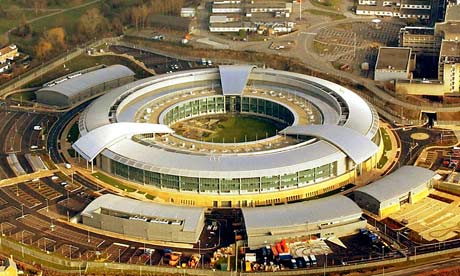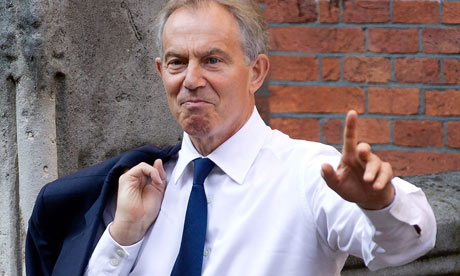The mass surveillance that Edward Snowden has exposed asks questions not only of government but of telecoms companies too

GCHQ reportedly snooped on foreign politicians attending two G20 summit meetings in London in 2009. Photograph: Barry Batchelor/PA
Covering the Edward Snowden story has not been straightforward for many in the mainstream media, which is reflected in the disjointed coverage it has received in the UK so far. For the newspapers that campaigned so hard to get the communications data bill thrown out because of the implications for privacy, he should be a hero. But then the brash young American "stole" the material, came to the Guardian with it, and has ended up stranded in Russia, where he may or may not receive asylum with the help of Julian Assange. All of which makes him rather unpalatable to many in Fleet Street – and indeed the House of Commons. For many of them, the easier story to tell was the one about Snowden's girlfriend, who was left bereft in Hawaii.
This week there have been more revelations about the way the US spied on the EU, which followed the Guardian's disclosures about how the British snooped on diplomats from Turkey and South Africa, among others, at the G20 summit in London four years ago. This has caused genuine fury among those targeted, particularly the Germans and the French. But their anger has been met with shoulder-shrugging indignation from former British diplomats and security experts, who say this sort of thing happens all the time.
They would hardly say anything different. In all likelihood, they have either authorised or benefited from such covert intelligence gathering, so the lack of biting analysis was entirely predictable. For those in the media unsure how to deal with Snowden, and rather hoping the complex saga would go away, this was another easy escape route: "No story here, let's move on."
But there is a story. It gets lost, all too conveniently, in the diplomatic rows and the character-assassinations, but ultimately it is the legacy of the Snowden files. The documents have shown that intelligence agencies in the UK and the US are harvesting vast amounts of information about millions of people. This is fact, not fantasy. They are doing this right now, on a scale that could not have been envisaged five years ago, let alone when the laws covering the collection and retention of data were drafted. They are also sharing this treasure trove of intelligence with each other, and other close allies.
In the UK, the same ministers who sign off operations to spy on our allies, are also approving countless warrants to allow GCHQ to siphon off data from cables that carry internet traffic in and out of the country. Emails, conversations on Skype, the details of phone calls – they all go into the intelligence pot ready for analysis and digestion.
The methods that GCHQ has developed may be ingenious. But are they right? Do the laws really legitimise this activity? And can the handful of MPs and commissioners tasked with the scrutinising the agencies really keep on top of all this? Do they have the staff, the expertise? Those are the questions that need proper argument. The reassurances of senior cabinet ministers, such as William Hague, who is responsible for GCHQ, needed to be tested, not just repeated unchallenged.
Those who wail about the leaks affecting national security might consider the words of Bruce Schneier, a security specialist, who wrote in the New York Times: "The argument that exposing these documents helps the terrorists doesn't even pass the laugh test; there's nothing here that changes anything any potential terrorist would do or not do."
And where are the telecoms companies in all this, and the internet service providers? For now, they are still keeping quiet. But at some point they will be asked to explain to their millions of customers what they knew about this industrial-scale snooping. None of this is easy, and ministers and intelligence officials would like nothing more than to shut down the debate. The clues are in their discomfort.


